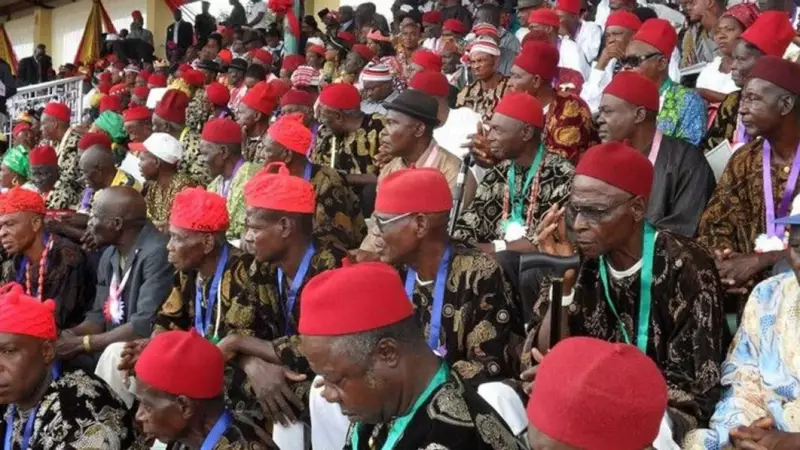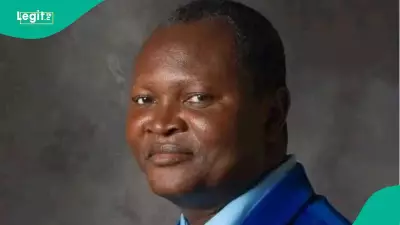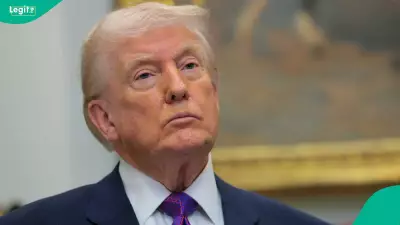
In a groundbreaking move towards ethnic harmony, the prominent Igbo socio-cultural organization Ohanaeze Ndigbo has announced the establishment of Igbo Unity Day, marking a significant step in resolving a 26-year crisis that has plagued the Igbo community in Akwa Ibom State.
Healing Historical Wounds
The initiative comes as a response to decades of division and conflict within the Igbo population residing in Akwa Ibom. For over a quarter-century, internal crises have hampered the community's progress and unity, creating fractures that affected social, economic, and cultural development.
Chief Emmanuel Iwuanyanwu, the President-General of Ohanaeze Ndigbo Worldwide, made the historic announcement during a crucial meeting with Igbo stakeholders in Uyo, the capital of Akwa Ibom State. The declaration represents one of the most significant peace-building efforts in recent Igbo history.
A New Dawn for Igbo Unity
The newly established Igbo Unity Day aims to serve multiple purposes:
- Foster reconciliation among divided factions
- Promote cultural preservation and identity
- Create platforms for dialogue and conflict resolution
- Enhance economic cooperation among Igbo communities
- Strengthen political representation and influence
Strategic Implementation
Ohanaeze Ndigbo has outlined comprehensive plans to ensure the success of this unity initiative. The organization will work closely with traditional rulers, community leaders, youth organizations, and women's groups across Akwa Ibom State to implement the reconciliation program.
The timing of this announcement is particularly significant, as it comes when many ethnic groups in Nigeria are seeking stronger internal cohesion and better representation in national affairs. The Igbo Unity Day initiative could serve as a model for other ethnic communities facing similar challenges.
Looking Forward
Community leaders have expressed optimism about the initiative's potential to transform Igbo relations in Akwa Ibom and beyond. The 26-year crisis had created deep-seated divisions that affected everything from business partnerships to social relationships and political alignment.
As preparations for the first Igbo Unity Day gain momentum, stakeholders anticipate increased participation from Igbo communities across Nigeria and the diaspora. The event promises to be a landmark occasion in the history of Igbo cultural renaissance and ethnic unity in Nigeria.






